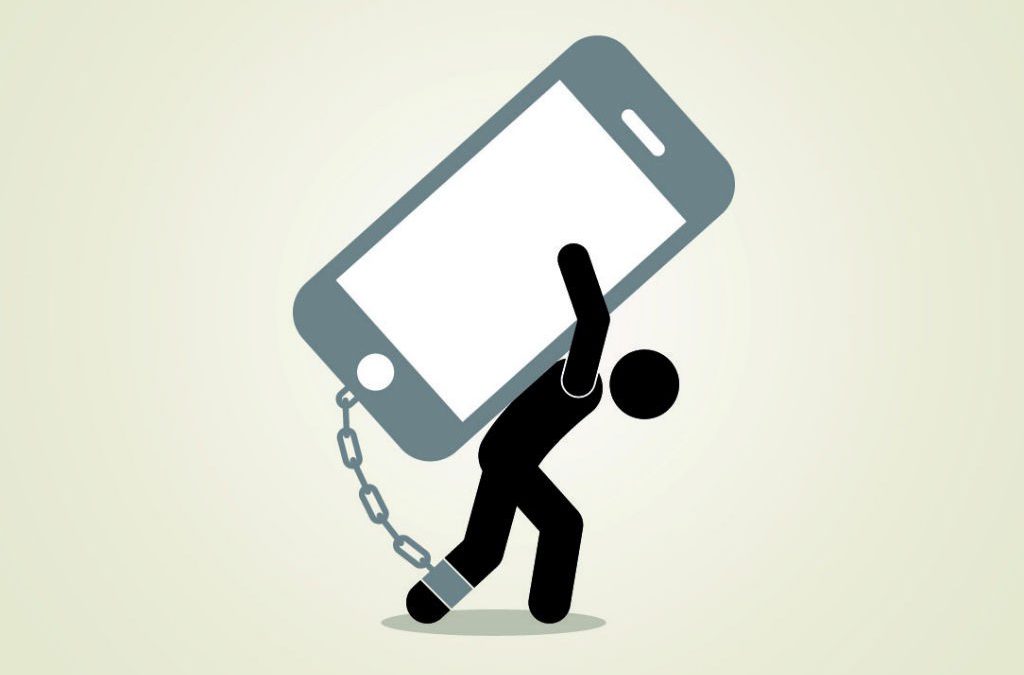Mobile Addiction: Positive And Negative Effects Of Smartphones

Nowadays, it is rare to find someone who doesn't have a mobile phone or who doesn't keep it constantly at hand. Nomophobia is the irrational fear of being without a mobile phone. The term was labeled in the UK in 2009 and comes from the anglicism "nomophobia." The dependence on the device generates an unfounded sense of disconnection and significant emotional distress when a person cannot have access to it.
While it is important to recognize the benefits of mobile phones (such as helping to close the gap, keeping us in touch with people around the world, its low cost, and the ability to spread news and important events globally in real-time, among others), it is also crucial to identify the consequences of addiction. For example, people, especially children, who are overexposed to screens have increased irritability, less patience, and reduced tolerance for waiting because their attentional and learning processes are affected. Emotionally, there are also consequences, as the brain learns that looking at the phone overcomes boredom, which later causes many difficulties in tolerating discomfort, rejection, or routines.
From my professional experience in this field, as with any addiction, tolerance develops over time, and the stimulation that initially provided pleasure eventually become less effective, requiring higher doses to achieve the same satisfying effects. Consequently, it is not uncommon for this to act as a predisposing factor for anxiety or emotional problems in the future, as well as issues in relationships or self-esteem. Therefore, it's convenient to seek psychological help to address the addiction as soon as possible and prevent further consequences.
By SHIRLEY PAOLA ALMENTERO TELLEZ